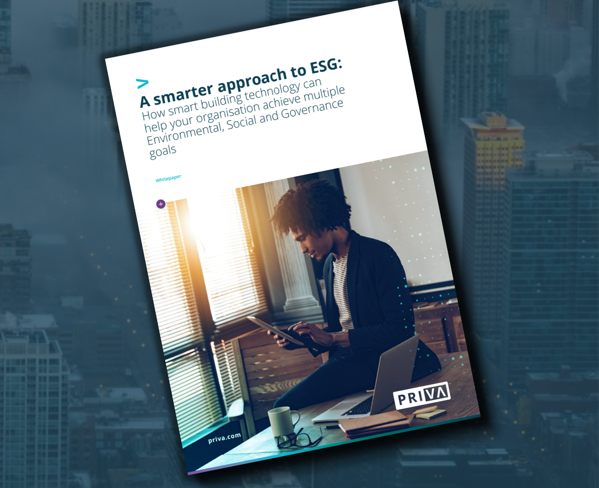What are the ESG criteria for the real estate industry?
In the real estate industry, ESG is measured by means of sustainability reports that are available to stakeholders. This transparency pushes investors and building owners alike to achieve their ESG goals in the real estate sector.
1. Currently, the focus of ESG in the real estate industry is primarily on the E, i.e. on environmental sustainability.
Buildings are insulated to permanently reduce energy costs or photovoltaic systems are installed on the roofs to generate sustainable electricity on sunny days. Pioneers in this field also rely on sustainable building materials such as clay or hemp fibre. However, especially in larger construction projects, only the most necessary ESG criteria for the real estate industry within environmental protection are being met.
2. However, the S from the ESG criteria for the real estate industry is also becoming increasingly important, especially in residential construction.
The focus here is on projects that increasingly focus on disadvantaged population groups. Whether it's housing for the elderly, barrier-free living or special offers for young families, the real estate industry is currently undergoing a transformation in this area. ESG in commercial buildings can also fulfil a social responsibility by including advice centres or doctors, for example.
3. In ESG compliance for the real estate sector, the Governance (G) pillar plays a crucial role as it relates to the decision-making processes within companies.
Governance involves setting policies and dividing responsibilities, usually involving directors, senior managers, shareholders and stakeholders. While fair treatment of employees, suppliers and partners is essential, real estate projects - especially those involving SMEs in the construction sector - often prioritise environmental protection and social issues. Nevertheless, strong governance remains crucial to ensure that these priorities are effectively managed and aligned with broader ESG objectives.
ESG criteria and certification: Challenges and opportunities for commercial buildings
In the future, the commercial real estate sector will no longer be able to manage without adhering to ESG criteria and certifications in this area. However, many project developers are facing numerous challenges in this regard, which may ultimately also represent opportunities.
1. A data framework is needed
Monitoring ESG in real estate only works with the appropriate data structure. Collecting this data for the first time involves a great deal of effort. Particularly in the case of larger projects, numerous factors come into play in this area. However, collecting the data costs not only time but also money. Once available, however, monitoring also brings many advantages. ESG reporting for a property allows problems to be identified more quickly and the value to be determined much more accurately.
2. Complexity due to a lack of experience
Many real estate investors and project developers are just gaining their first experience with ESG in real estate. There are only a few experts in this field, which makes it difficult to get the whole topic right from the start. Learning by doing is the order of the day, and taking a step into the unknown requires a certain amount of entrepreneurial risk. However, once you have established yourself as an expert, you will benefit from more favourable financing in the future.
ESG guidelines for property in the EU
ESG in real estate can only be realised with the help of a wealth of data. All players in the real estate industry are therefore trying to find the right system for their ESG reporting. This must include not only the EU taxonomy but also the EU Disclosure Regulation.
The future of ESG for real estate
ESG criteria for real estate will be indispensable in the future. Commercial construction projects will increasingly be subject to the three major criteria as well. We are already seeing important measures within environmental protection that will likely be further developed in the future. With green facades, social facilities in office complexes or free exhibitions for local artists, real estate investors and developers don't have to reinvent the wheel.
In commercial buildings, ESG is still in its infancy when it comes to sustainability and there is a lot of potential for improvement. It will be interesting to see future developments that ultimately bring more sustainability to the real estate industry at all levels.
A sustainable building portfolio with Priva
The importance of ESG for real estate is increasing at all levels. With a view to your own projects and investments, it is important to build a sustainable real estate portfolio. However, there are some major hurdles to overcome, especially at the beginning. This makes it all the more important to use Priva's sustainable know-how and to be able to rely on tools like Priva Analytics or Energy Insights by Erbis One to simplify ESG reporting.
























